As you may have guessed, we were woken up again by dogs barking and early traffic on the road. One thing we are really looking forward to at home is our really quiet bedroom for an undisturbed sleep without dogs barking, priests chanting, early truck traffic and building noises.
We had a very pleasant morning bird watching (it helped to have two Swiss with a bird book on the table). We liked a small blue bird with red cheeks the most, called Cordon Bleu (no joke!)
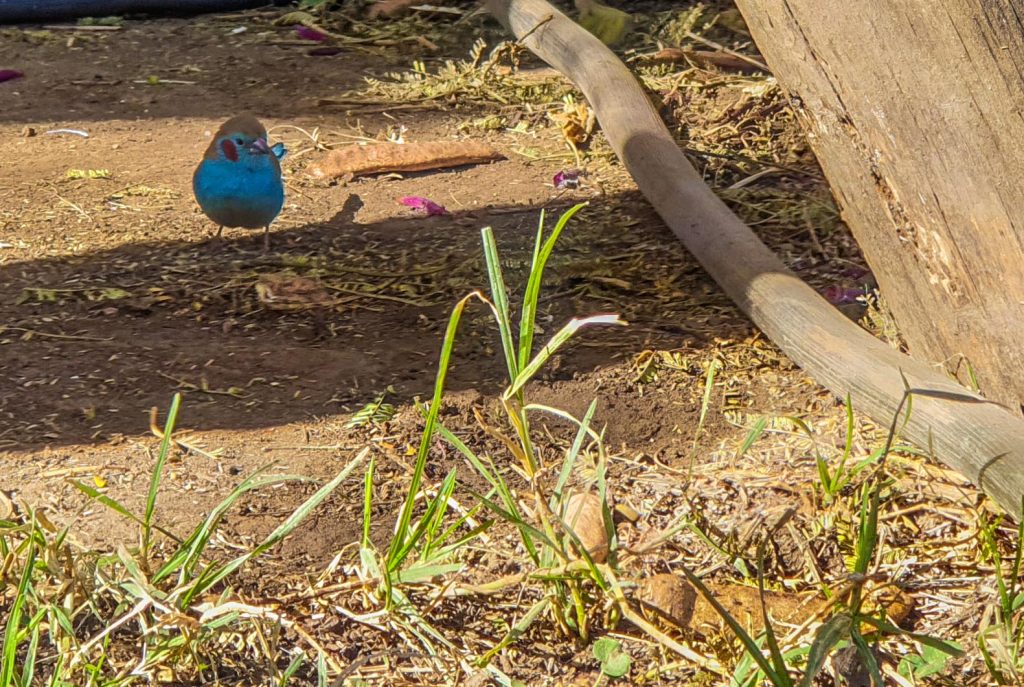
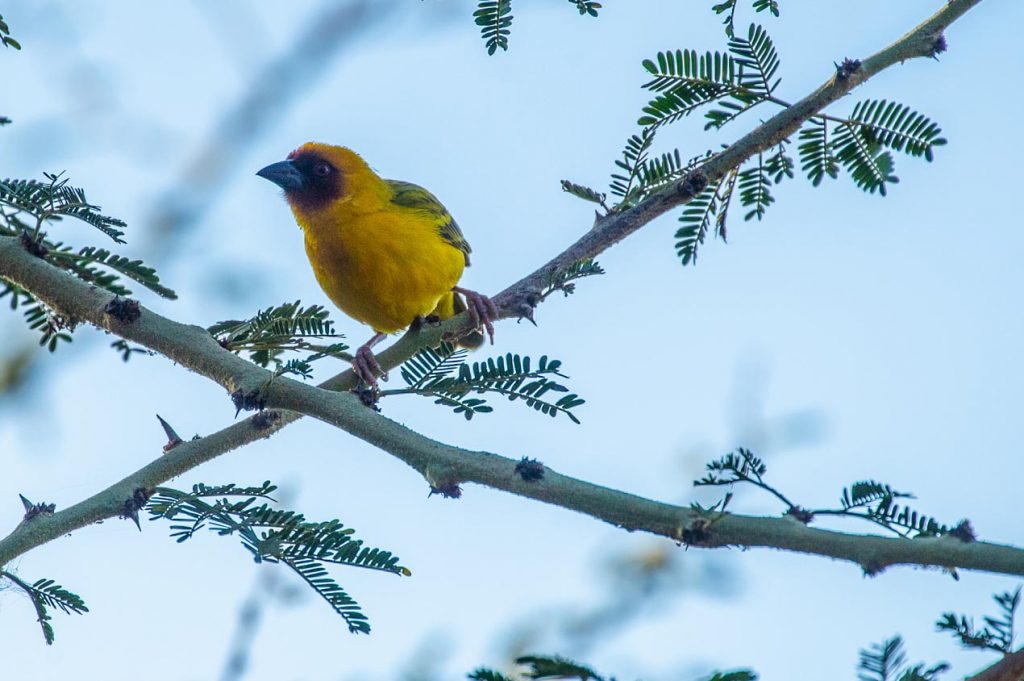
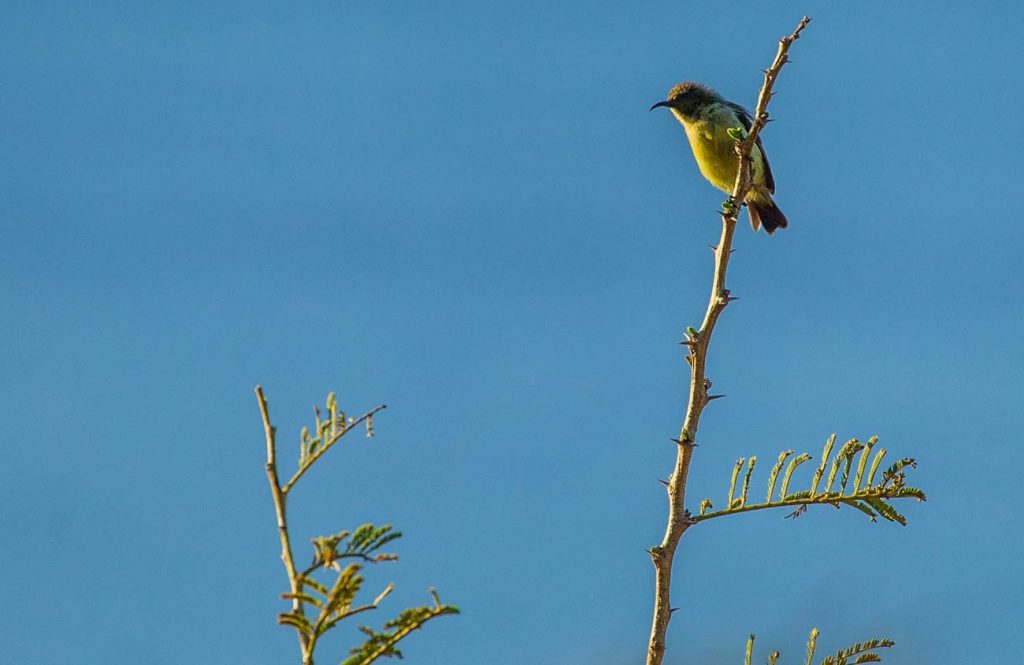
Other lodge residents included half a dozen giant turtles, that were crawling around at their leisure.
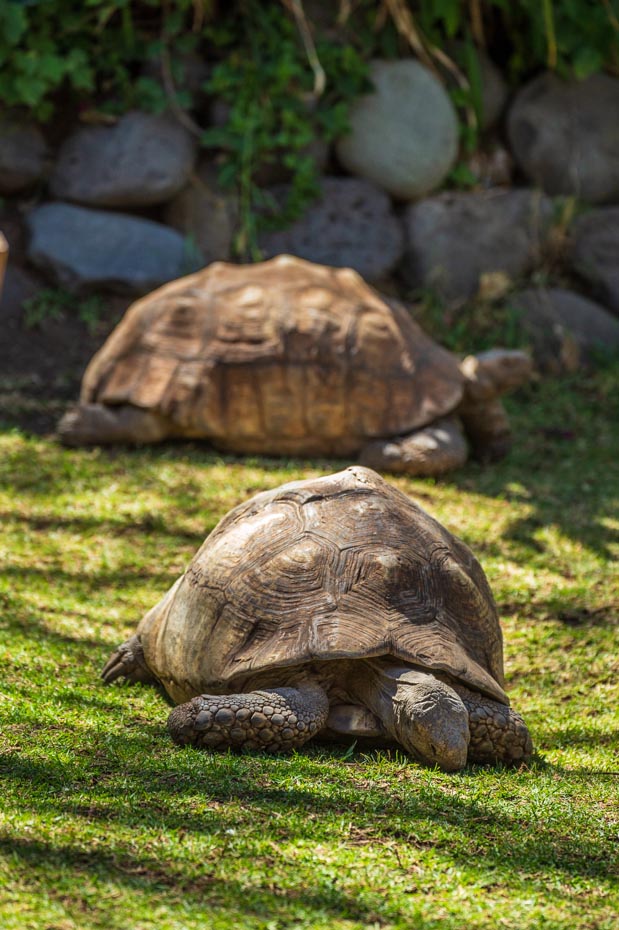
We decided to take a kayak and to paddle around the lake. As if to cement the fact that Ethiopia is not a quiet country, the Air Force decided to have a few maneuvers with fighter jets above our heads and helicopters dropping divers over lake Babogaya.
After lunch we set out back to Addis with our driver and car.
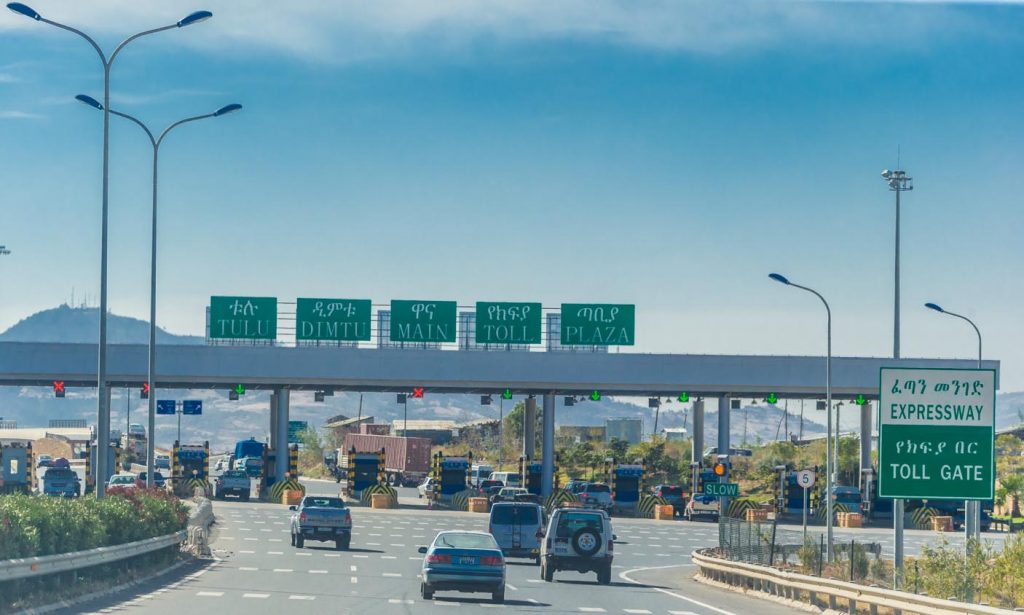
As we still had some time to kill until our plane was leaving for Europe, Chris suggested that we visit Africa‘s largest market, the Mercato in the middle of town for some last minute shopping. When we say largest of Africa, that‘s exactly what it is. It is basically a whole quarter in a town that just consists of shops of all shapes and sizes.
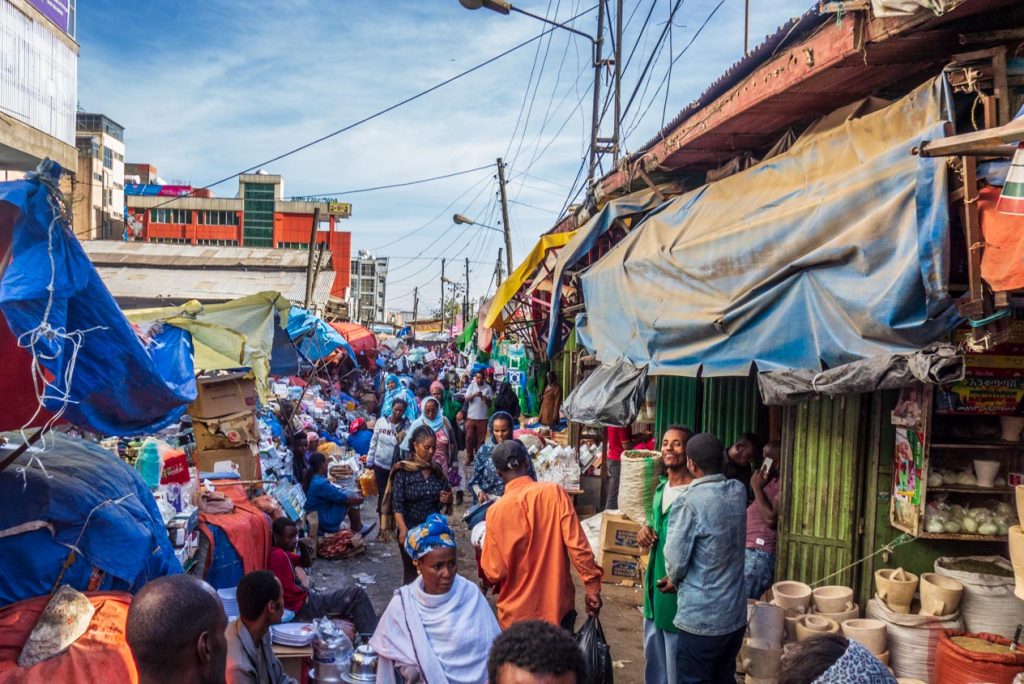
Similar to guilds, different areas belong to different businesses. Some 50.000 small businesses are housed here from Monday to Saturday and sell their goods.
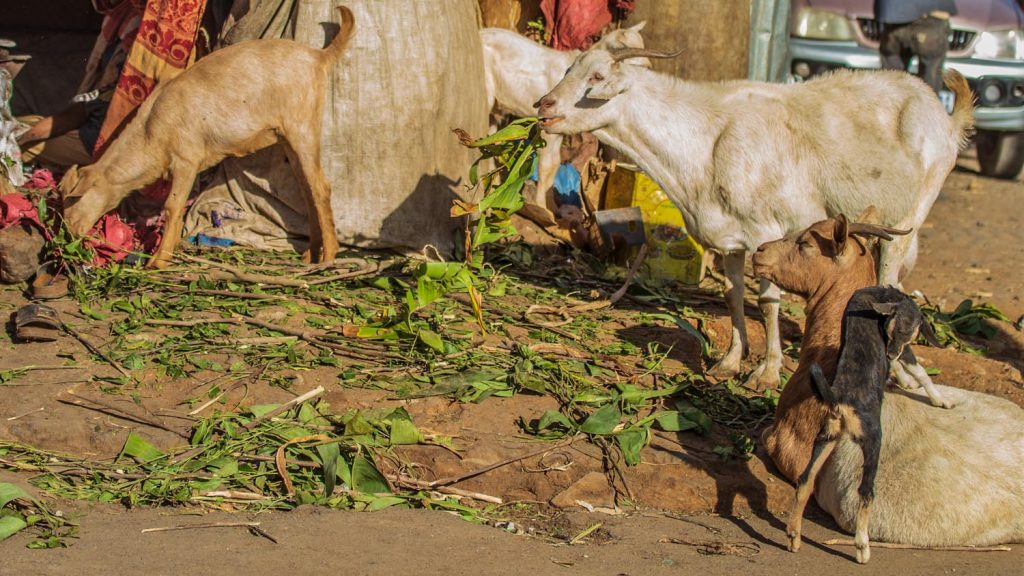
It was amazing, baffling, scary and exciting at the same time. Thousands of people running right and left through this maze of streets and small pathways. It’s one of those markets that weaves in all directions and you never know what you’re going to stumble into or what you’re going to find next.
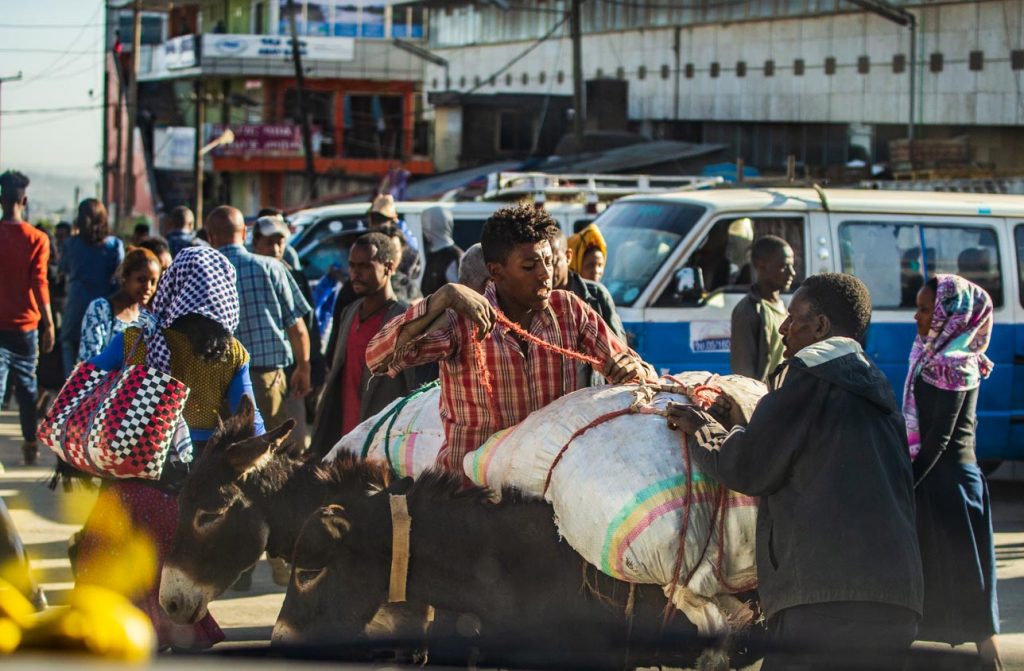
Heavy goods get transported by donkey into the market. Runners with bulky loads on their heads are shouting ahead to clear their path. They are called ‘human trucks’.
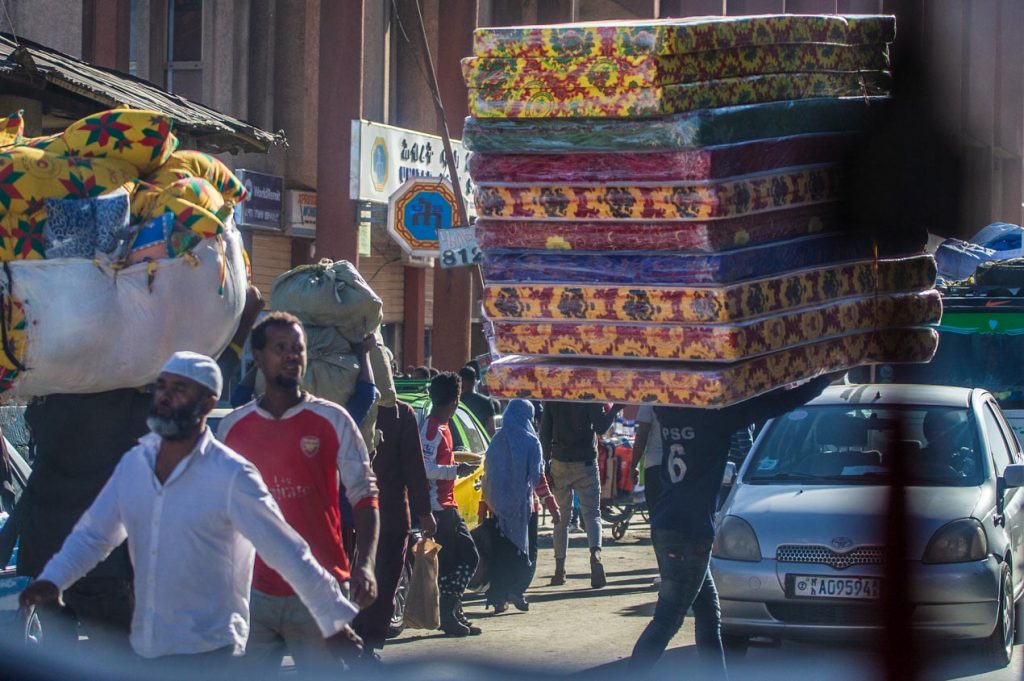
We drove through some of it, the car repair corner and spare parts shops. The DIY and home improvement shops were right next to the building materials.
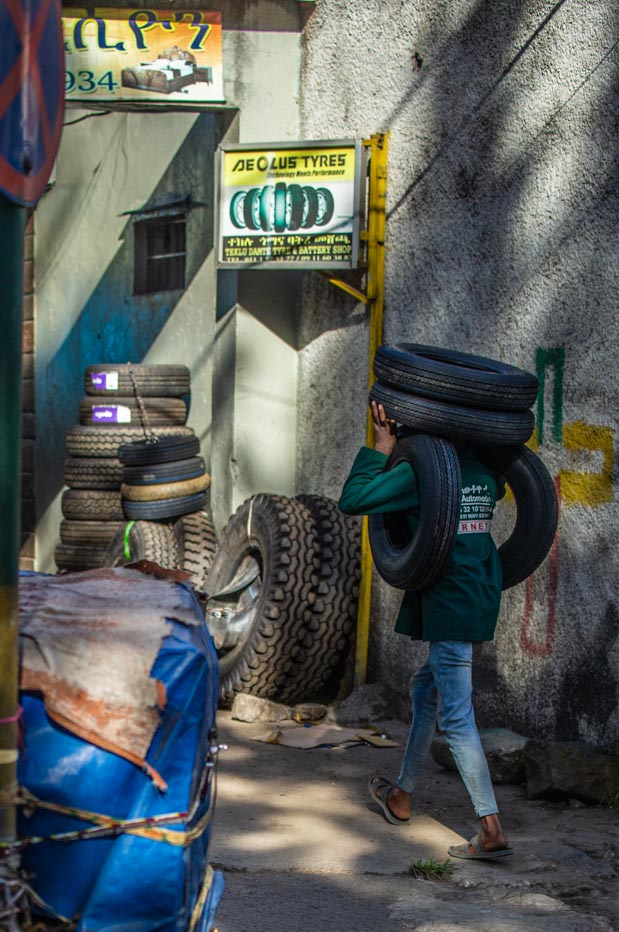
Our initial thought of just wandering through a picturesque local market evaporated when we saw the hustle and bustle as well as the maze of streets and walk ways we would have to navigate. We did not see a single Western or Asian looking person in the market.
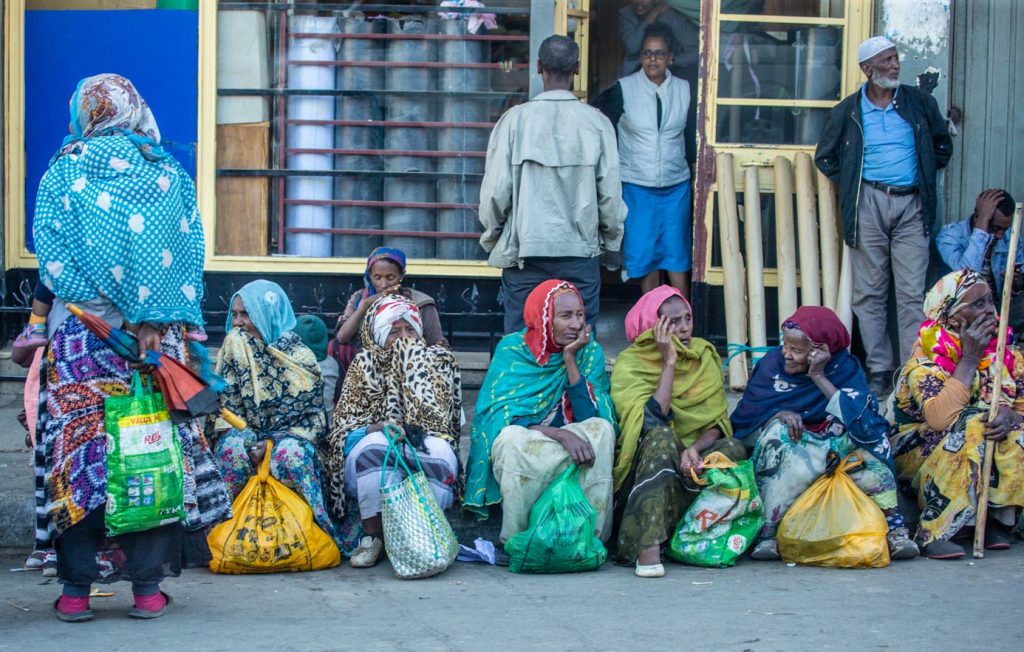
We would never find our car again. ‘Chigger yellem’ = Hakuna Matata / no problem in Ethiopia, said our driver and stopped at two policemen (while we were thinking ‘En-dayyy!’ = Are you serious?!). After a short conversation, one of the policemen offered to accompany us through a portion of the Mercato and then deposit us safely in our drivers’ hands again in an hour. OK, with a curious feeling (specially Esther with her shiny blond hair) we left the safety of our minivan equipped only with a small camera and some money.
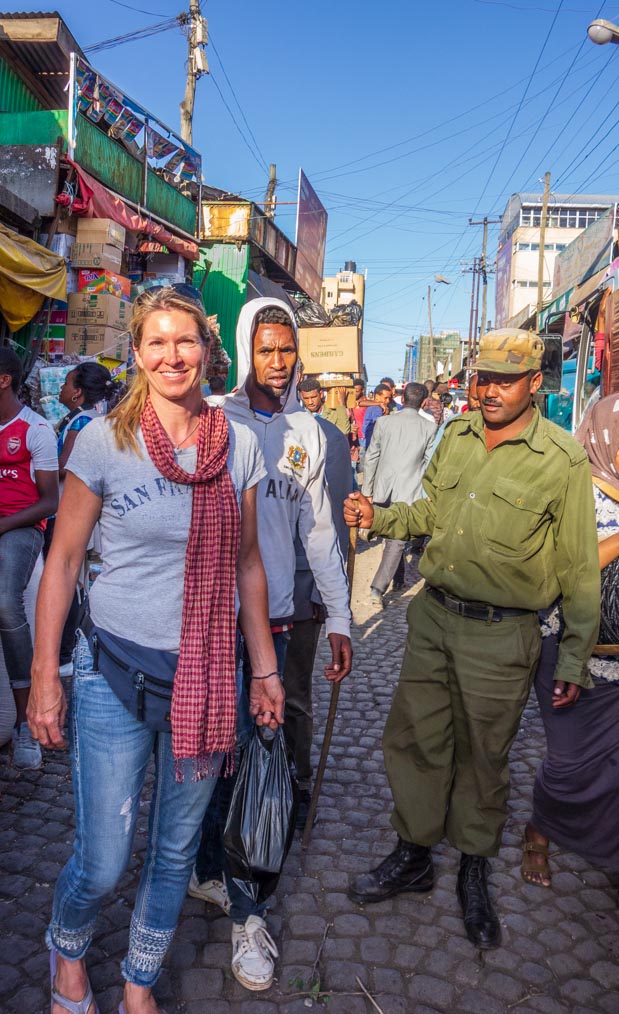
We were certainly the attraction of the market today as we felt like a fish out of water in the middle of the sea of dark-skinned people. Sometimes the policeman told some guys off, who wanted something (not sure what, as we don‘t speak Amharic) from us. We started in the household goods section and made our way carefully between all those stalls in pursuit of something interesting, always having to keep an eye out for cars, runners or donkeys that have right of way.
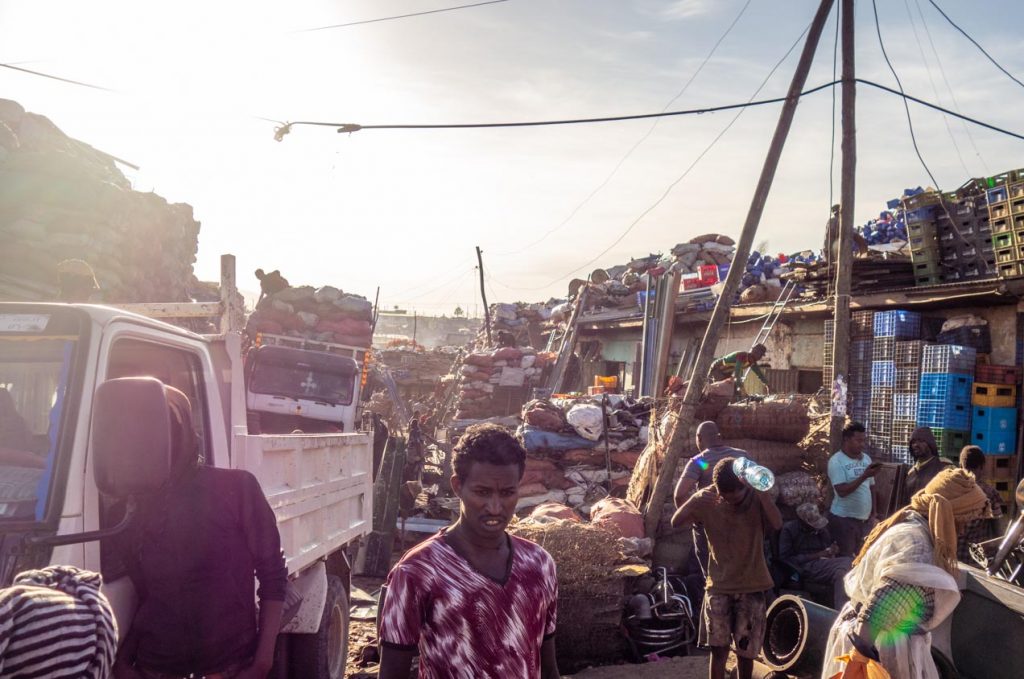
A fancy china shop caught our eye as we were ogling some of the small coffee cups, we had gotten so familiar with. Nobody spoke English, so price and quantity inquiries were difficult. Out of nowhere an older local guy popped up who spoke some English and decided to adopt us during our visit in the Mercato (‘You are welcomed guests in our country!’). He swiftly cleared it with our police officer, that he was one of the good guys and started to pull us along deep into the maze of small shops, where hardly a donkey can pass without toppling something over.
We found what we wanted and with this impromptu guide at our front and a police officer at our rear we really were able to enjoy whizzing in and out of various shops. We must have looked a strange sight passing like ducks in a row through this maze. Huge sacks with chili and spices were standing in the spice section, large injera baskets were woven on the spot for sale, and a drum maker was making drums out of the most unlikely materials.
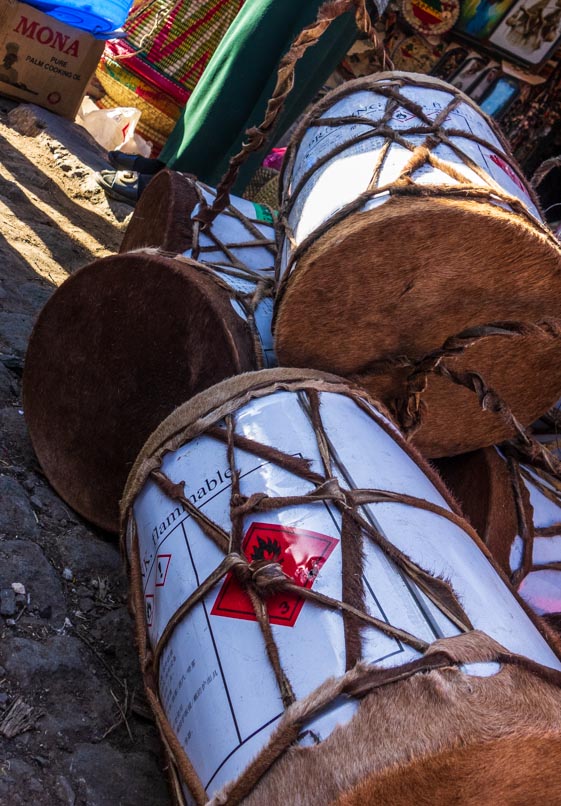
Remember: Ethiopians are the kings of reusing and recycling what’s possible. Of course, there is an own department to do just that by going through some – what we would call – garbage.
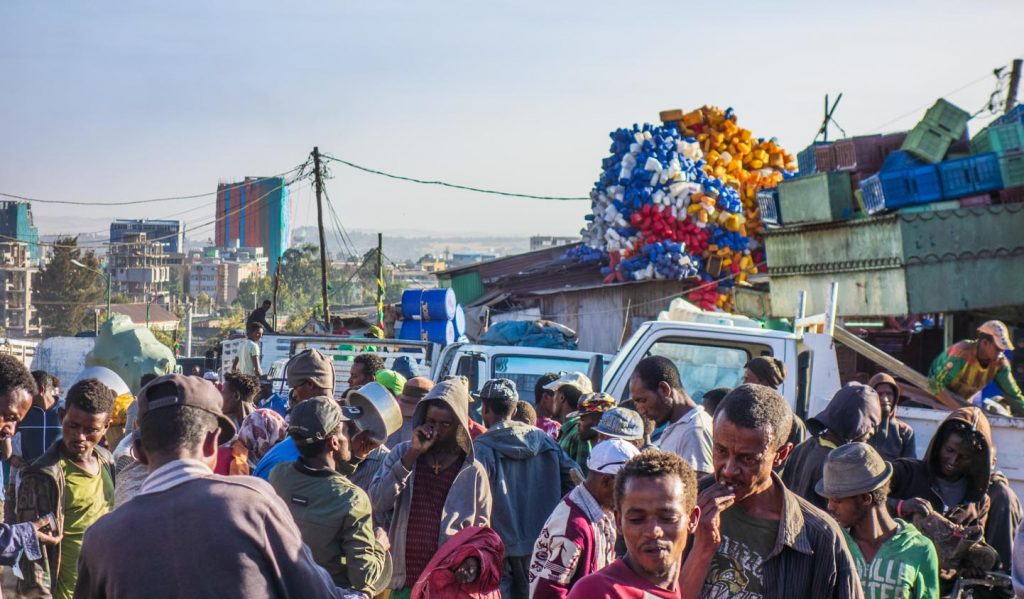
The electro section looked like something out of an apocalypse movie, broken bits and pieces from a time long past everywhere.
The tailors section had rows of tables with old Singer sewing machines and busy tailors that altered any garment you just bought to your satisfaction.
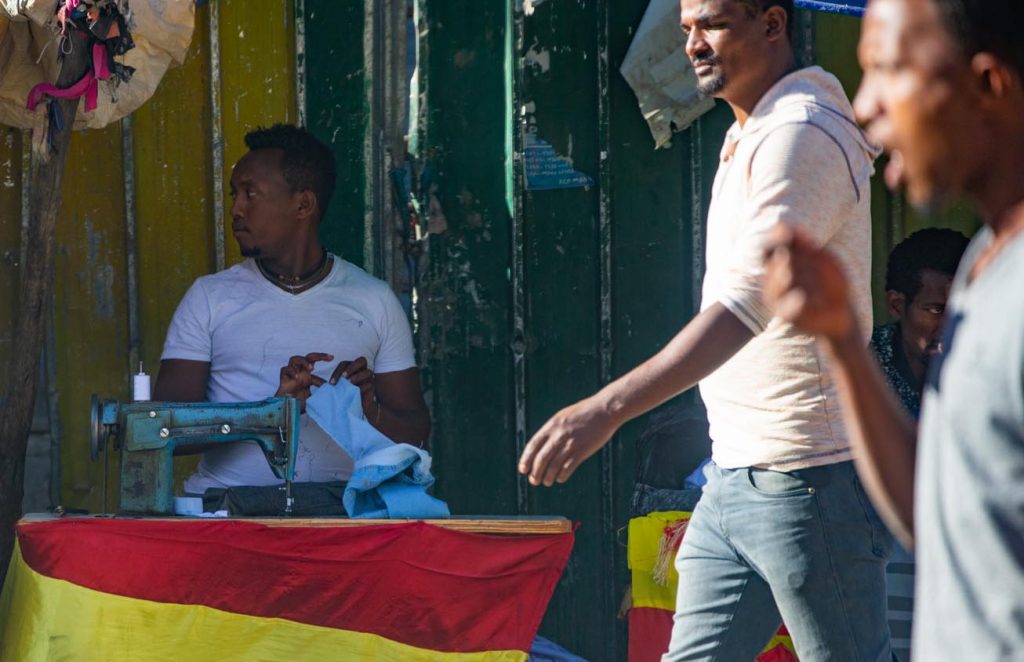
In the plastic ‚lane‘ any bit of plastic scrap was separated, classified and segmented into their category and made ready for pick up by clients or a recycling company.
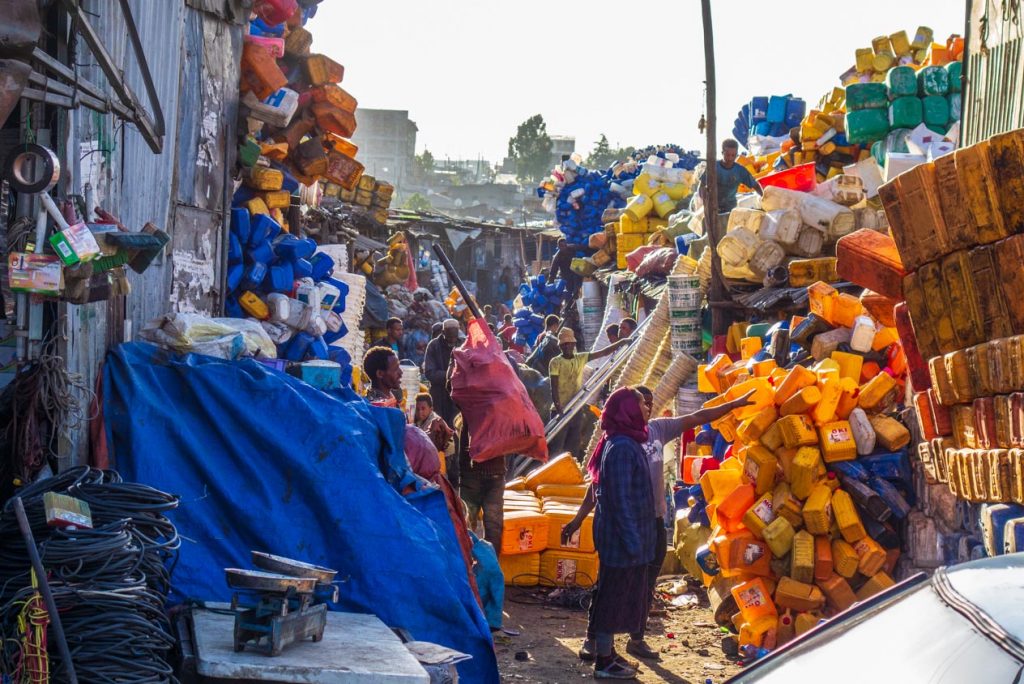
And so, we went from one area of the Mercato to another, fascinated at the sight that looked so foreign to us. Finally our two locals delivered us to our car again, safe and sound and richer by yet another new impression of Ethiopia. It was a memorable last activity and we were ready to go to the airport after that.
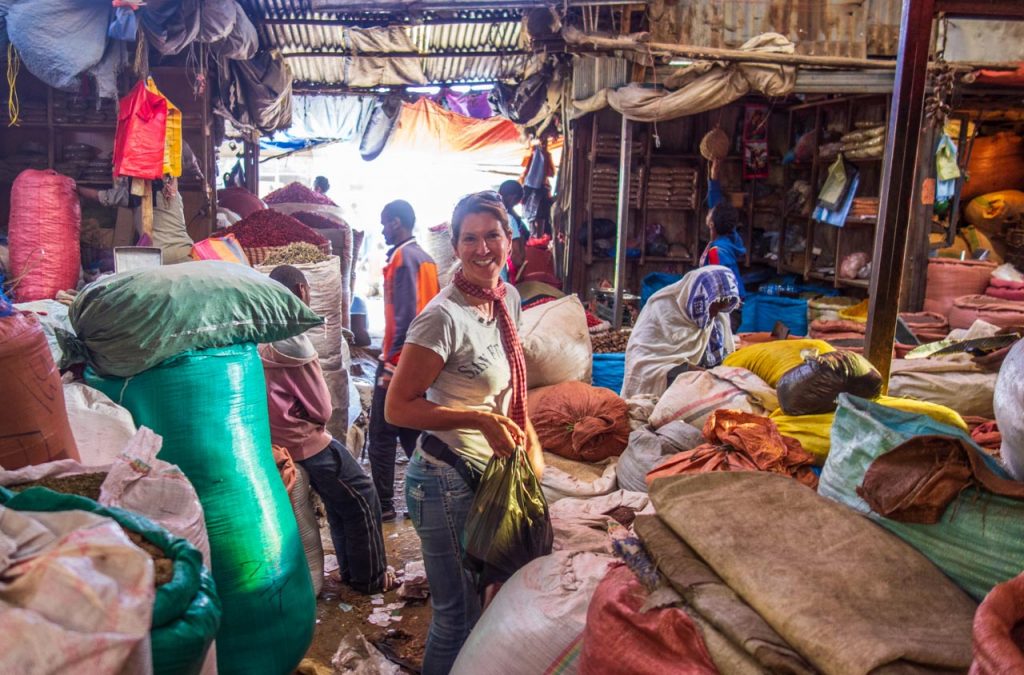
The streets that surround the market are just about always choked, but traffic seems difficult everywhere in Addis during any time of day.
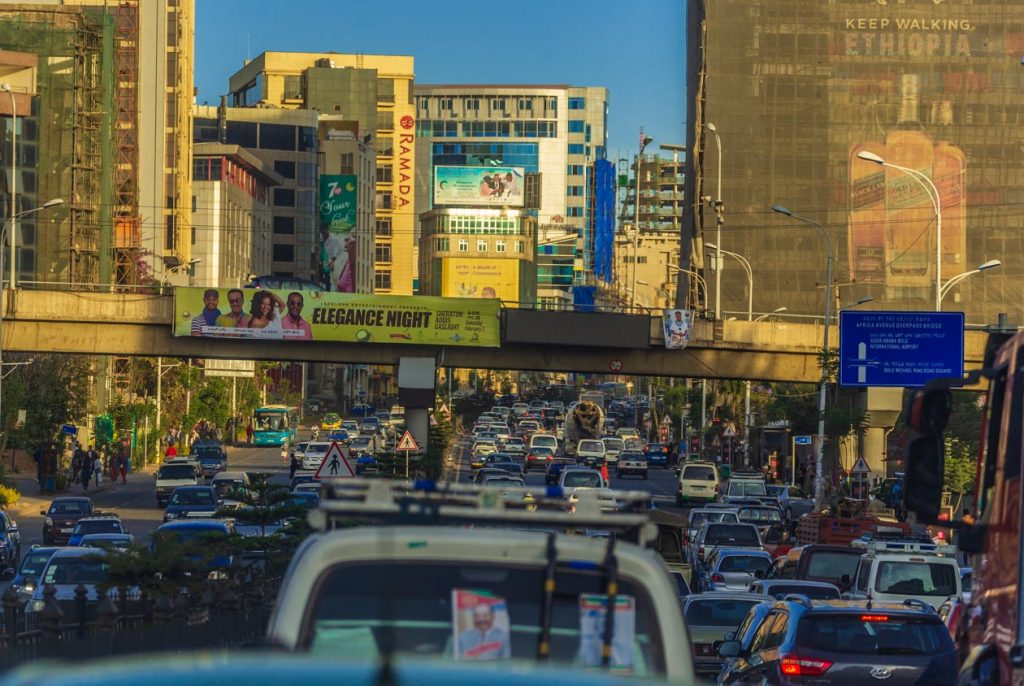
A pillar reminded us of the socialistic past of Ethiopia when the country was part of the Eastern Block. With the help of the Soviet Union, Eastern Germany, North Korea and Cuba, the Ethiopian Army became in the late seventies one of the best equipped armies of Africa.
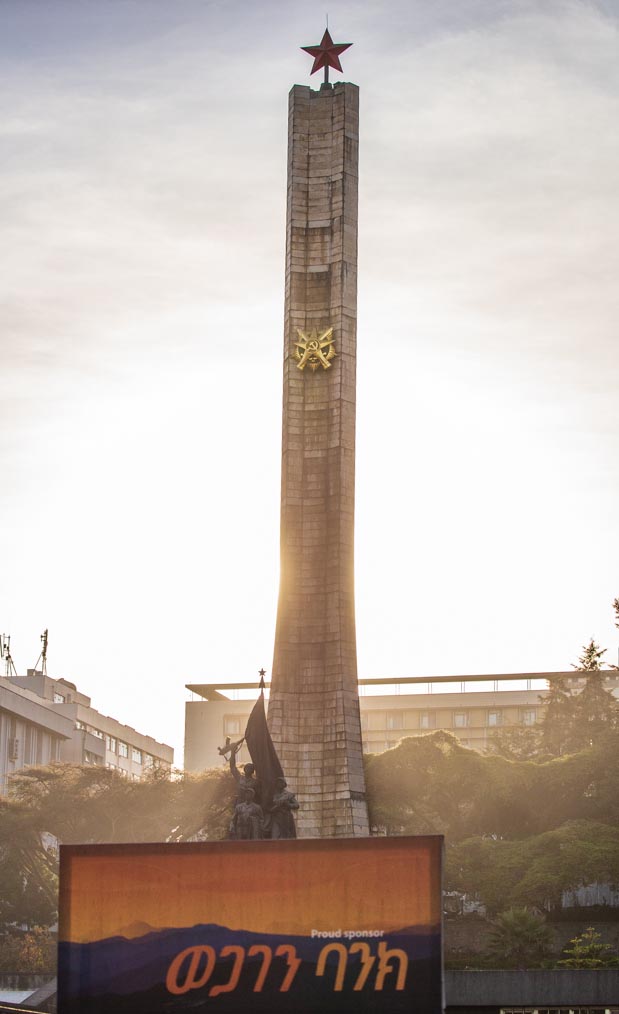
In 1974 the army seized power from Emperor Haile Selassi I (also known by his king name Rastafari – he inspired the Rastafarianism in Jamaica) with a military coup and installed a government that was socialist in name and military in style.
Civil war and the war with Eritrea as well as with Somalia led 1984 to the regime’s collapse. It was hastened by droughts and a famine which affected around eight million people and left one million dead – the pictures of starving kids (each month 20.000 died) from that time are imprinted in the collective European mind ever since. Even though Ethiopia still struggles with droughts, aid programs helped to prevent another catastrophe so far.
All in all Ethiopia to us is a very impressive, memorable, exciting and fascinating and friendly country with all its faults and room for improvement just like any country. It was definitively worth visiting.
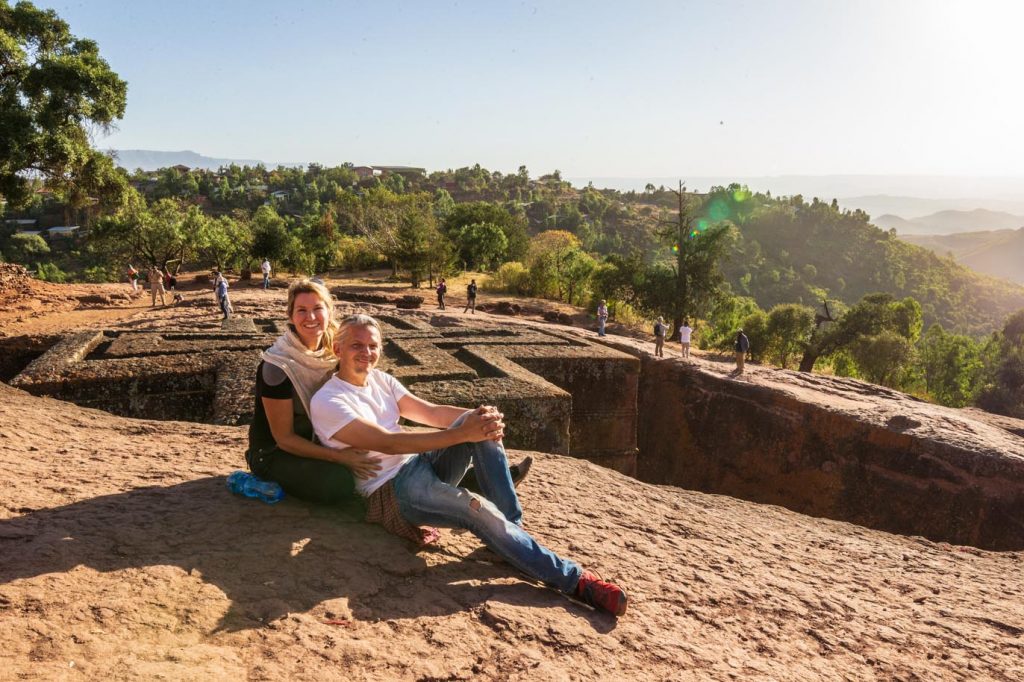
‘Izosh ኢትዮጵያ!’ Stay strong Ethiopia!
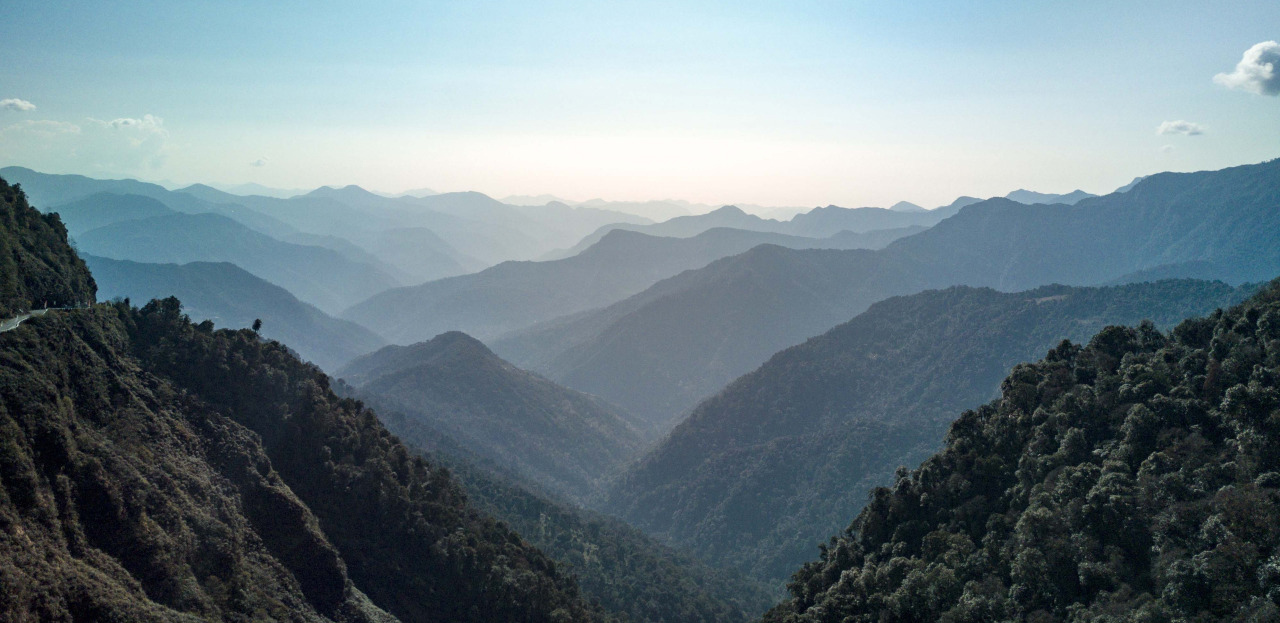
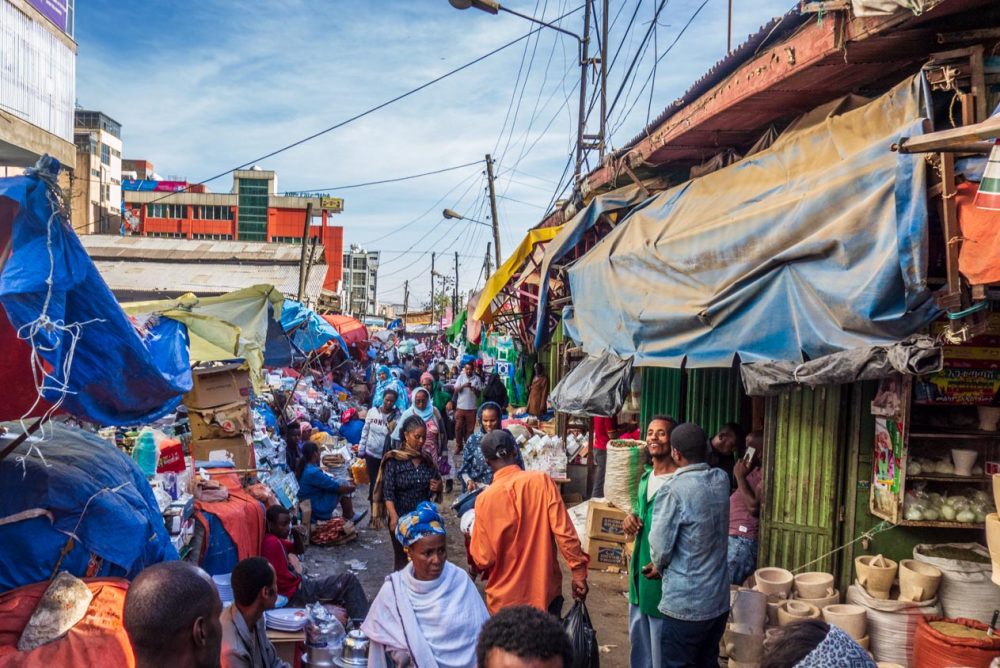
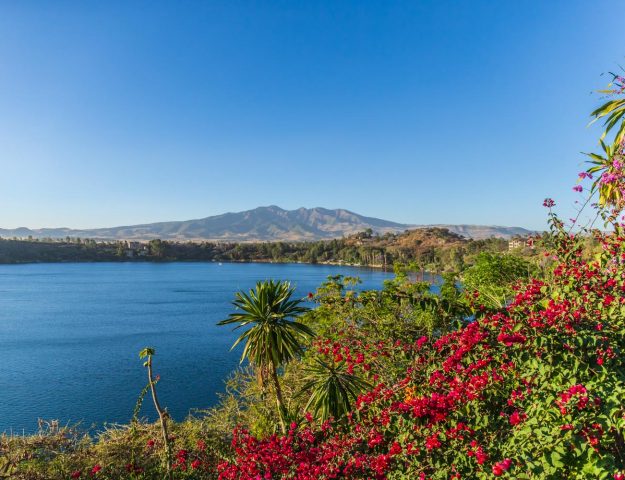
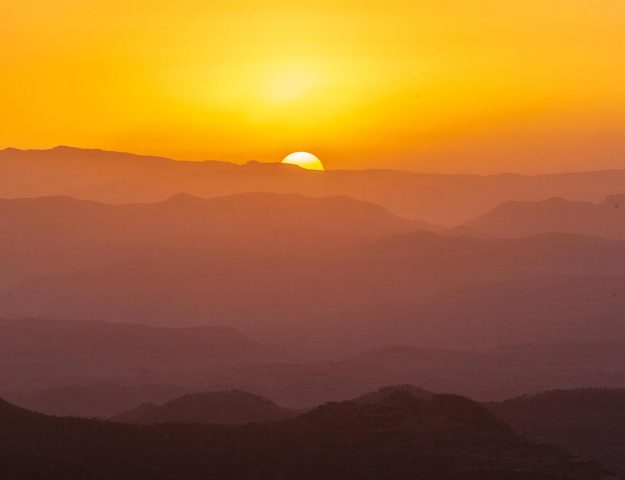
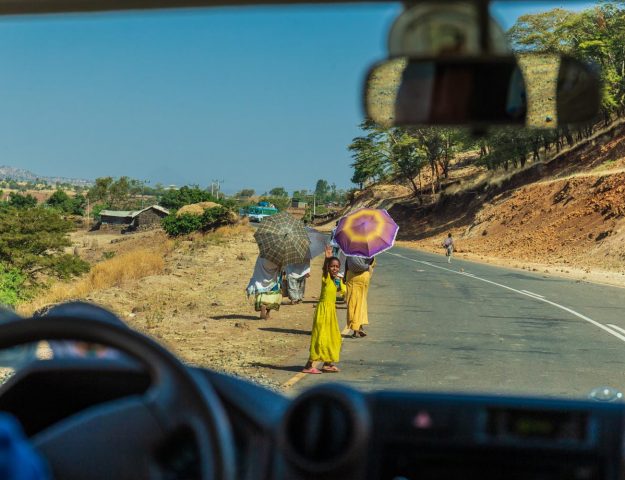
Great Pictures!